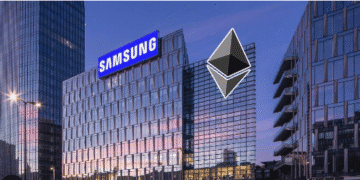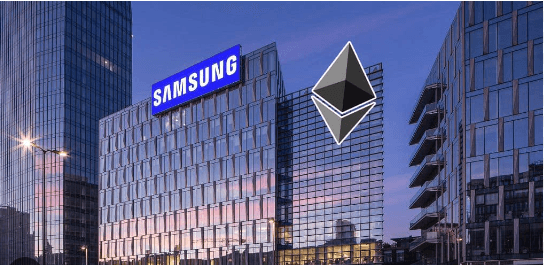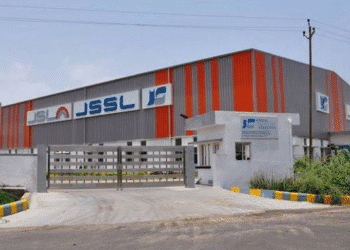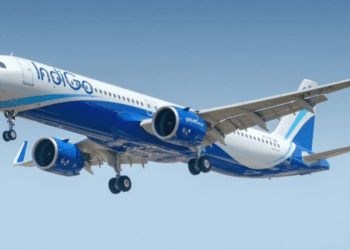DBT Bureau
Pune, 19 Sep 2025
Samsung Electronics and TELUS reported that they will deploy Canada’s first commercial Radio Access Network Intelligent Controller (RIC), marking a significant milestone toward fully software-based, AI-powered networks. Samsung will provide its RIC solution, including open multi-vendor support and a rich suite of applications as part of Samsung CognitiV Network Operations Suite (NOS), to further enable intelligent automation, enhanced energy efficiency and optimized performance across TELUS’ wireless network.
The RIC is a software-based component in Open RAN (O-RAN) architecture that uses AI and automation to optimize network performance with intelligent applications. It enables operators to flexibly deploy and manage diverse applications for comprehensive monitoring and analysis as well as energy-saving operations, helping them optimize networks, manage resources efficiency and elevate service quality.
This RIC deployment represents the next phase of TELUS and Samsung’s ongoing collaboration to transform Canada’s telecommunications landscape. Following the companies’ announcement of Canada’s first commercial virtualized and O-RAN network in February 2024, the RIC implementation will enable TELUS to harness AI throughout network operations and management – significantly boosting operational efficiency with potential to reduce costs.
“We are excited to broaden our collaboration with Samsung to transform our network and enhance the customer experience using AI,” said Bernard Bureau, Vice President of Wireless Strategy & Services at TELUS. “This partnership aligns closely with our commitment to responsible sovereign AI development and will enable us to provide more personalized, efficient and sustainable services. Importantly, it also allows us to manage and optimize RAN equipment from multiple vendors through a single, unified platform, maintaining the diversity and flexibility that are core principles of O-RAN.”
“AI is ushering in a new era of possibilities and in order to fully realize its potential across industries, the right foundation is critical. At Samsung, we believe vRAN is the best way forward on the path to AI-RAN, built on an end-to-end software-based architecture that provides the optimal foundation for AI. We are actively supporting our customers’ AI journey today with our proven vRAN and AI-powered solutions including RIC,” said Angelo Jeongho Park, Executive Vice President and Head of Global Sales & Marketing, Networks Business at Samsung Electronics. “As Canada’s leader in vRAN and Open RAN, TELUS is very well-positioned to lead the way in bringing AI into the networks. Together with TELUS, we are fueling the transition to a more intelligent and autonomous network.”
Samsung’s RIC solution supports both legacy hardware-based and open virtualized networks, allowing TELUS to implement intelligent automation across its entire network infrastructure. This capability allows TELUS to gain immediate benefits while maintaining its accelerated vRAN deployment across Canadian markets.
Samsung’s offerings include the KPI Anomaly Detector (KAD) and RAN Anomaly Insight (RAI) to proactively identify and analyze network issues, Energy Saving Manager (ESM) to perform dynamic traffic prediction and automated orchestration of diverse energy saving features and Load Balancing Manager (LBM) to optimize resource utilization and improve network performance and reliability. Samsung’s O-RAN compliant RIC solution seamlessly supports intelligent applications from Samsung as well as third parties, ensuring TELUS can leverage the best innovations across the industry.
Samsung’s initial delivery of software solutions was completed in July, and will continue throughout 2025. The companies plan to conduct extensive testing across various Canadian markets over the course of this year.
With more than 30 years of innovation in Canada, Samsung continues to be part of the country’s progress toward advancing technology and helping its people stay connected. Samsung has also been actively involved in advancing AI in the region, with the establishment of its AI Centre Toronto (AIC-Toronto) in 2018. The AIC-Toronto is part of the company’s efforts to maximize its expertise and leadership in the global AI landscape, bringing new capabilities to consumers and businesses.




















